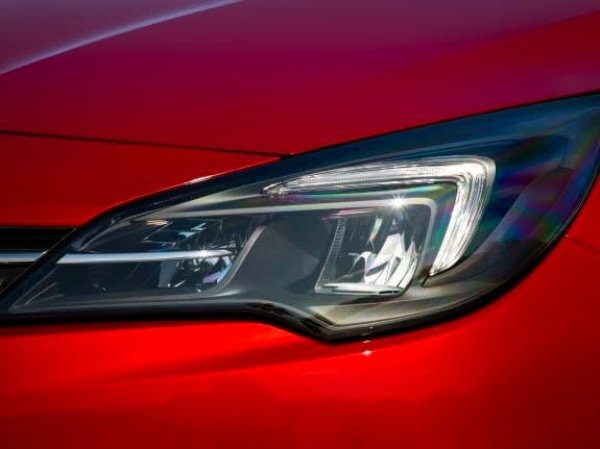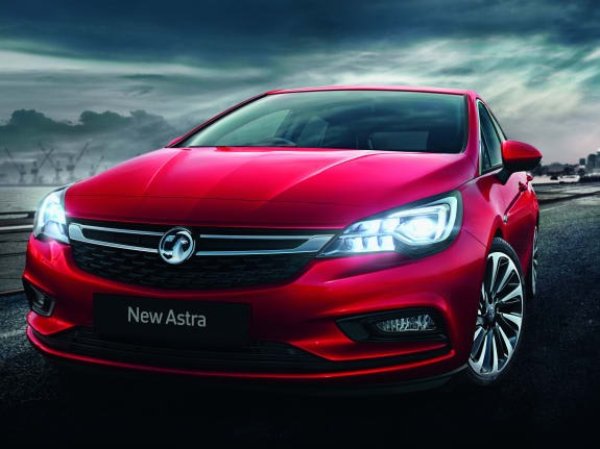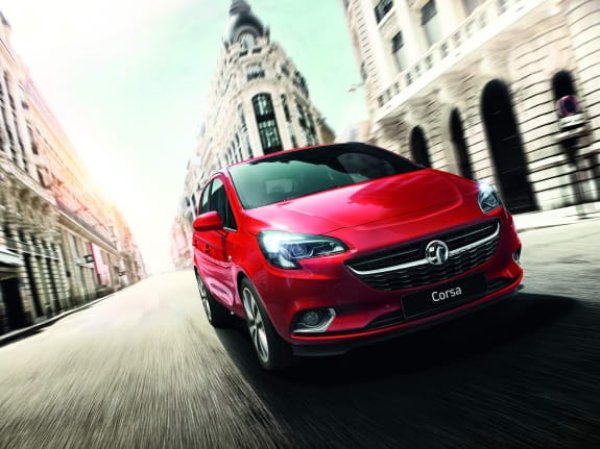
Be Seen and Be Safe
As we head through the winter months, driving becomes more challenging as the hours of darkness extend, so it is vital that motorists do what they can to keep safe at all times.
And, for many motorists, driving at night is a real concern.
According to a recent study*, 31% of motorists admit to being scared to drive at night, while research from RoSPA, the Royal Society for the Prevention of Accidents, shows that 40% of all road accidents occur during the hours of darkness. Reduced visibility and poor weather mean it takes longer for eyes to adjust and reaction times to kick in, making it hard to judge distance and speed.
Road visual conditions are also not helped by the fact that over a third of the UK’s street lights are now dimmed, and 12% switched off completely, meaning drivers must be more aware than ever of the potential dangers before them.
But, here at Thurlow Nunn, we are striving to help.
Visualisation-driven safety and energy saving lie behind the recent LED technology enhancements that Vauxhall has added to the all-new popular Astra and Corsa models.
Making use of innovative technology, the reflector in each of the new models’ headlights is now shaped like the head of a shovel. This allows for the maximum amount of light from each LED to be projected onto the road ahead. It delivers optimum light performance to ensure the road ahead is illuminated clearly and brightly and provides driver confidence even in the trickiest conditions.


The new LED technology available on the new Astra and Corsa, also makes a positive contribution when it comes to energy saving prowess. The efficient LED lighting means each headlight consumes only 13 Watt. This equates to an energy saving of 81 per cent when compared with traditional halogen, which consumes up to 70 Watt per headlight.
By upgrading the headlights, Vauxhall has also taken yet another step forward as part of its ongoing commitment to reducing CO2 emission levels.
On average, the LED headlights on the entry-level Corsa alone save 1.3 grams of CO2 per kilometre, while the Astra five-door reduces CO2 emissions by 1.26 grams per kilometre.
For winter driving, especially at night time, the following tips can also help keep motorists safe and sound.
Keep the windscreen clear – ensure your washer fluid is continually topped up and always carry a microfiber cloth in the glovebox to clear the inside of the windscreen.
Use anti-glare lenses – opticians can help with providing spectacle lenses that are designed to reduce glare and reflection.
Check and adjust mirrors – consider dipping the rear-view mirror at night or consider a car with an auto-dimming rear-view mirror function.
Dip, don’t dazzle – be courteous and remember to dip your headlights when facing oncoming traffic.
Slow down or stop – if you concerned about vision, it is better to stop, pull over and make the car adjustments needed so you feel more confident before driving off.
Adjust your eyes in the dark – be prepared to give yourself a few minutes behind the wheel to allow your eyes to adjust to the darker conditions
Keep your distance – it’s harder to judge speed and distances in the dark, so make sure you allow more space between you and the car ahead.
Driving at night requires vigilance, access to safety-driven in-car technology and driver adjustment, if motorists are to safely combat tricky road conditions and keep themselves and other drivers safe.
For more info or to book a test drive of the Astra or Corsa, contact the team.
* https://www.motoringresearch.com/car-news/drivers-scared-night-driving

Fill in your details below and a member of our team will be in touch
By providing your details you consent to us being able to contact you using the methods given above. Read more.
Please provide your details below and a member of our team will be in touch
Your current car
By providing your details you consent to us being able to contact you using the methods given above. Read more.
Fill in your details below and a member of our team will be in touch


 Refine Search & Sort
Refine Search & Sort
